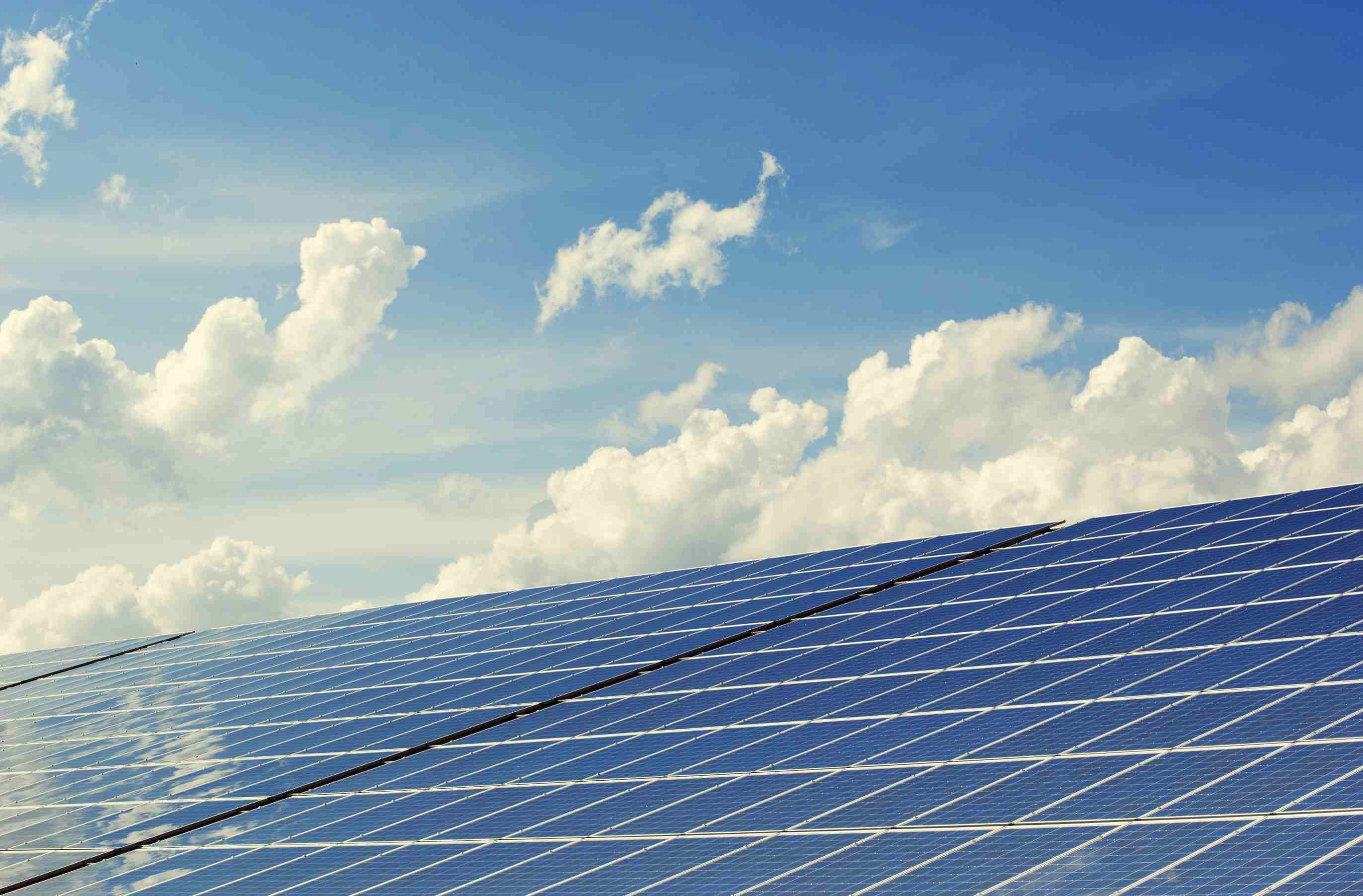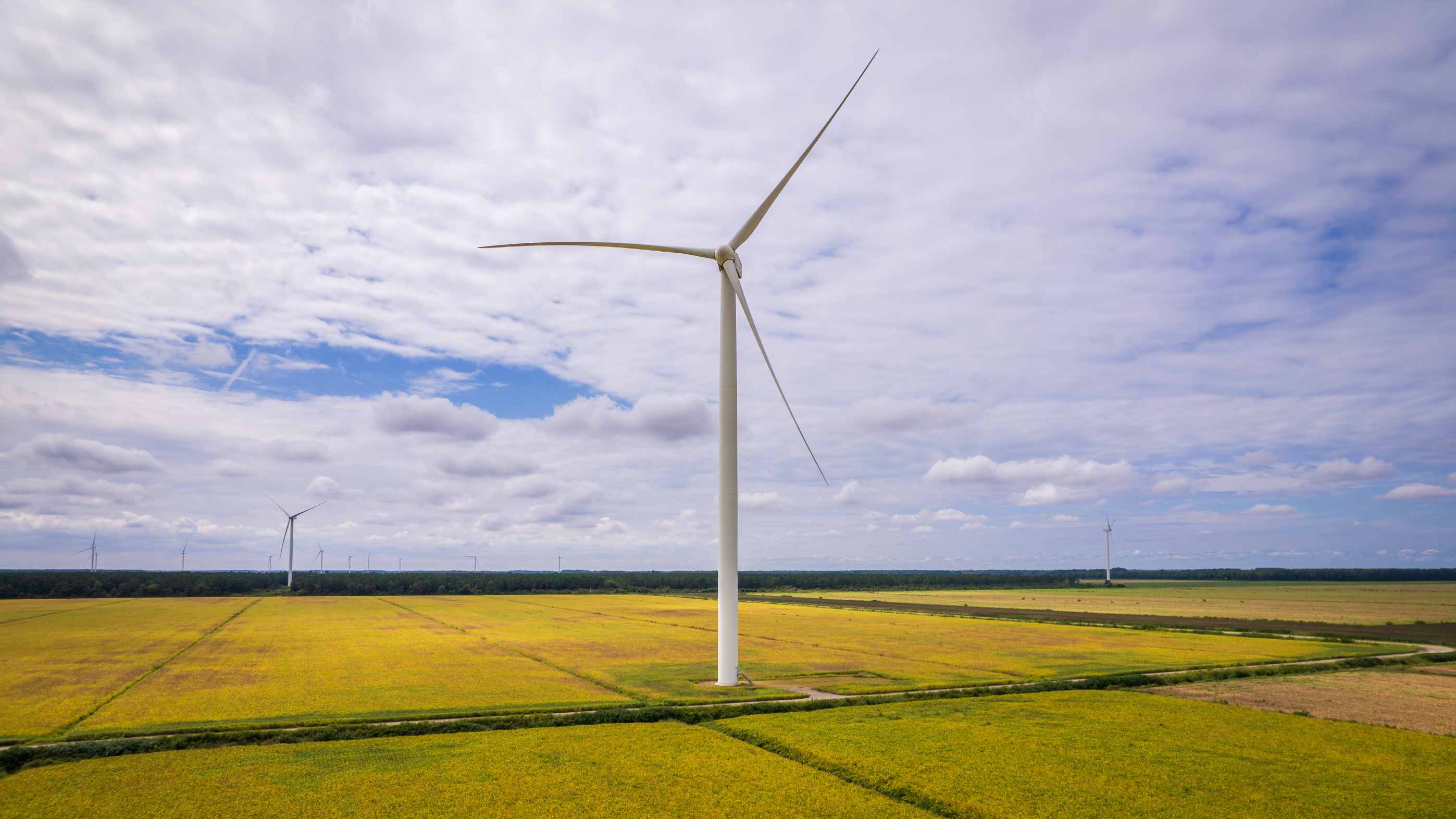In the midst of a global shift towards sustainable energy solutions, the prominence of photovoltaic (PV) energy systems has risen exponentially. Harnessing the power of the sun, PV technology has paved the way for cleaner and more eco-friendly electricity generation. However, as the sun waxes and wanes, the need for efficient energy storage becomes paramount.
The Growing Significance of Photovoltaic Energy
The transition towards renewable energy sources is no longer a distant vision; it's a present-day reality. Photovoltaic energy, generated by harnessing the sun's rays, has emerged as a critical component of this transition. Solar panels, which capture sunlight and convert it into electricity, have become a common sight on rooftops, fields, and even in space. The inexhaustible supply of sunlight provides a vast source of clean energy, but it is the storage of this energy that makes it a 24/7 power solution.
The Vital Role of Energy Storage in Photovoltaic Systems
Photovoltaic systems are inherently intermittent, relying on the sun's availability. When the sun shines, energy production soars, and when it sets, it plummets. To bridge this gap and ensure a consistent power supply, energy storage systems have come into play.
Battery Technologies in Photovoltaic Energy Storage
The batteries serve as the backbone of photovoltaic energy storage systems, enabling the capture and retention of excess energy for later use.
Lithium-Ion Batteries: Pioneers of Energy Storage
In the realm of energy storage, lithium-ion batteries have been trailblazers. Widely adopted for their high energy density, lightweight design, and reliability, they have powered everything from smartphones to electric vehicles. In the context of photovoltaic energy storage, lithium-ion batteries are the go-to choice due to their efficiency and proven track record.
Beyond Lithium: Emerging Battery Technologies
While lithium-ion batteries have set the standard, researchers and engineers are ceaselessly exploring alternatives that could potentially surpass them. New frontiers, such as solid-state batteries and flow batteries, hold promise for enhancing the storage capacity and durability of photovoltaic energy systems. These emerging technologies may pave the way for even greener, more efficient energy storage solutions.
Battery Management Systems: Orchestrating Energy Flow
Efficient energy storage isn't solely about the batteries themselves. Battery management systems play a pivotal role in regulating and optimizing energy flow. These sophisticated control units ensure that energy is stored, discharged, and managed with maximum efficiency, extending the lifespan of batteries and enhancing overall system performance.

Benefits and Challenges
Enhancing Grid Reliability and Resilience
One of the primary advantages of integrating battery technologies into photovoltaic energy systems is the bolstering of grid reliability and resilience. By storing excess solar energy during periods of abundance and releasing it when needed, batteries act as a stabilizing force, reducing the strain on the grid during peak demand times.
Overcoming Intermittency: The Solar Energy Challenge
Intermittency is a fundamental challenge with solar energy. At night or during cloudy days, the energy production drops significantly. Batteries are the key to overcoming this hurdle, ensuring a continuous power supply by storing surplus energy generated during sunny periods for use when the sun isn't shining.
Future Prospects and Innovations
The Quest for High Energy Density
The future of photovoltaic energy storage hinges on achieving higher energy density. Researchers are exploring advanced materials and innovative designs to enhance the capacity of batteries, making them more compact and powerful, which is vital for both residential and grid-scale applications.
Solid-State Batteries: A Game-Changer
Solid-state batteries represent a revolutionary leap in energy storage technology. These batteries eliminate the liquid electrolytes found in traditional lithium-ion batteries, offering higher energy density, faster charging, improved safety, and longer lifespan. As they become more commercially viable, solid-state batteries have the potential to reshape the PV energy storage landscape.
Artificial Intelligence and Energy Storage Optimization
The integration of artificial intelligence (AI) in photovoltaic energy storage systems is on the horizon. AI algorithms can predict energy demand, optimize charge and discharge cycles, and improve the overall performance of energy storage systems. These advancements will further enhance the efficiency and reliability of PV systems.
Conclusion
The role of battery technologies in photovoltaic energy storage is undeniable in our journey toward a greener and more sustainable future. Today, we inch closer to a world where clean, reliable energy is available around the clock, irrespective of the weather or time of day.
The synergistic partnership between photovoltaic energy and innovative battery solutions is poised to shape the energy landscape for generations to come. Please feel free to send a message to [email protected] for further information!

 EN
EN 



